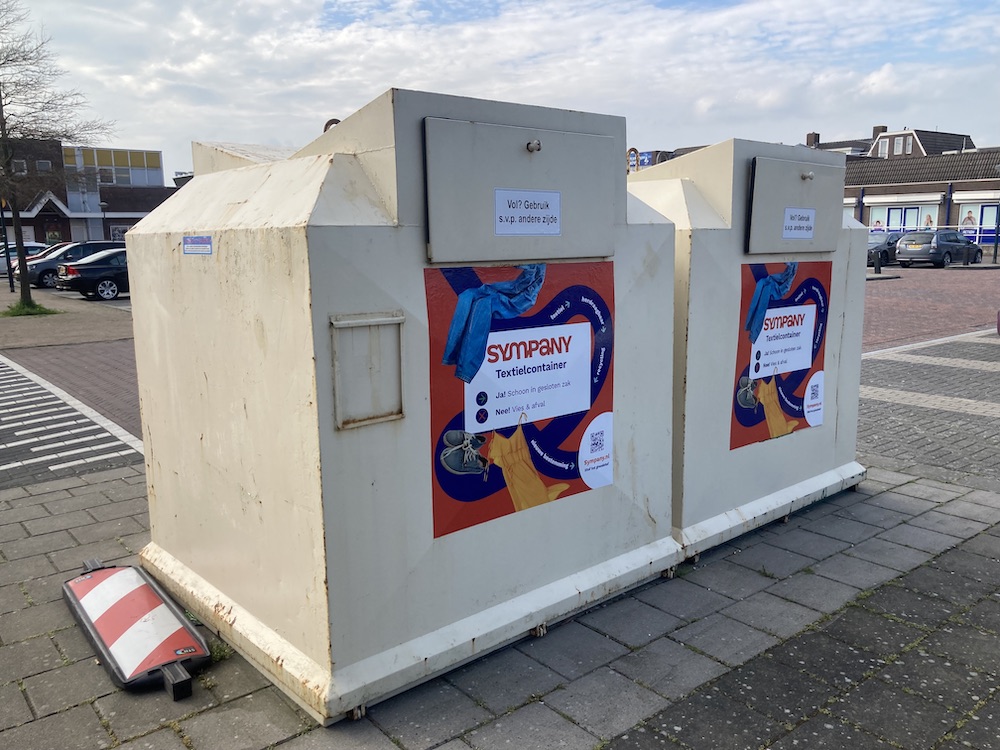Fast fashion takes Shein out of second-hand textile trade: NRC

The price of second-hand clothing from the Netherlands has dropped by more than 30% in the first half of this year, with exporters blaming the rise of ultra-fast fashion and the loss of the Ukrainian and Russian markets.
The crisis has left collection and sorting companies with huge piles of second-hand textiles, most of which would have been destined for abroad.
“There is just no one who wants it,” Charles Graft, director of Sympany in Assen, which collects, sorts and exports second-hand clothing for 67 local councils, told the NRC.
The Russian-Ukrainian conflict has all but deprived traders of two important markets and unrest in other places in the world is als also depressing trade, Lennert Vermaat of industry body Vereniging Herwinning Textiel told the paper.
But the biggest threat to the industry is the rise in sales of extremely cheap and badly made textiles, Vermaat said.
“We see that the demand for second-hand clothing outside Europe, and in African countries in particular, is falling. Ultra-fast Chinese fashion producers such as Shein and Temu, are enabling people who could only afford to buy second hand to buy new clothing for the first time. That is eating into our share of the market, and may be an alternative for second-hand clothing that is here to stay.” he said.
In the Netherlands a billion items of clothing are sold each year. Some 55% of discarded clothing is binned and ends up in the incinerator. What is left goes to recycling shops, or a textile container to be collected, sorted, and exported abroad. What is left is sometimes recycled into insulation material, or incinerated.
Sympany is losing money every month, Graft said, and he doesn’t know how long it will be able to survive. “We have explained to the local councils that we can no longer pay them for the clothing and some have accepted that,” he said.
One sorting centre, Ada Textiel Recycling in Maassluis, has already had to close its doors with the loss of 30 jobs.
Graft hopes the government will intervene to support the sector, although he fears images of textile waste mountains, for instance in Ghana, will not help the image of foreign exports.
“We know where our clothing is going and in some places we have our own shops,” he said. “We talk about mountains of waste textiles abroad but over half of clothing in the Netherlands goes into the incinerator. The biggest mountain of textile waste is the one we’re sitting on here.”
Thank you for donating to DutchNews.nl.
We could not provide the Dutch News service, and keep it free of charge, without the generous support of our readers. Your donations allow us to report on issues you tell us matter, and provide you with a summary of the most important Dutch news each day.
Make a donation